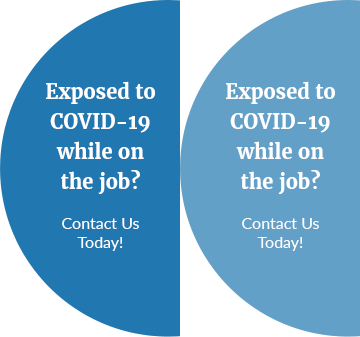The Importance of a Spoliation Letter in Truck Accident Cases
Perhaps one of the hardest parts of a personal injury claim is the fact that the other party has some share of the evidence you need to build a case. Legally, they are expected to provide you access to that evidence during discovery—but what happens when the other party conveniently loses evidence that is damning for your case?
That’s why it’s so important to connect with an attorney immediately and send a spoliation letter to the other parties in your case. Learn more about the value of a spoliation letter, and when you’re ready to talk more about your Pittsburgh truck accident, call Caroselli, Beachler & Coleman at 412-253-2925.
What is a Spoliation Letter?
A spoliation letter is often known as a preservation letter. It’s a legal document sent by an attorney to all of the parties involved in a personal injury case. The letter puts them on notice that they are expected to maintain and preserve all evidence relevant to the case. By sending them this notice, you can ensure that they are aware of all possible consequences and negative outcomes that may arise from failing to keep evidence intact.
What Your Attorney Will Include
When writing a spoliation letter, your attorney will inform the other party or parties of their legal obligation to save and preserve evidence until the time at which it is needed. The letter will contain information about who it is written to, which parties are involved in the case, and a list of the evidence in question. Even though the letter contains a list of evidence, that list is not exhaustive; the letter will include some catch-all phrase indicating that all potentially relevant evidence should be saved.
The letter generally ends with a reminder of what could potentially happen if the other party ignores the letter and destroys evidence or lets it degrade.
The Role of the Spoliation Letter
This letter plays an important role in your truck accident case. A lot of the evidence created during an accident is prone to degradation or destruction if not properly preserved. That’s before you even consider the intentional loss or destruction of evidence. For example, consider a truck’s dashcam footage.
It is available immediately after the accident, but you don’t know how long it remains on the camera before being erased. Similarly, the truck’s electronic driving logs may be written over before you have a chance to look at them. A spoliation letter prevents these outcomes because the other party is now required to do whatever it takes to save that evidence, whether it’s backing it up to another drive or making copies.
Ideally, this letter would never be necessary, because all parties involved in a lawsuit would know that destroying evidence is illegal and unethical. However, many personal injury claims have been derailed by potentially damning evidence that went missing before the victim could access it.
Consequences for Losing or Disposing of Evidence
The court does not look fondly at parties who lose or destroy evidence during a personal injury claim. The duty to preserve and protect evidence is incredibly important in a personal injury claim, and there are often painful penalties associated with breaching that duty.
To start, the court may impose financial sanctions on the party who lost the evidence. These fines can be damaging to a party already facing a lawsuit. They may also order the jury to assume that the lost evidence would have been harmful to the party who destroyed or lost the evidence; this is known as adverse inference instructions. If the other party has their own claims against you, the court may dismiss those claims because of their choice to damage or lose evidence.
If there’s a good chance that the lost evidence will be counted against them in court, the other party is less likely to damage it. This way, they can at least avoid raising the ire of the judge.
Fighting for Compensation After an Accident? Call Caroselli, Beachler & Coleman
Looking for help with your truck accident claim? The truck accident lawyers at Caroselli, Beachler & Coleman are ready to fight for the compensation you are owed. Call us at 412-253-2925 or fill out our online contact form to start your claim now.

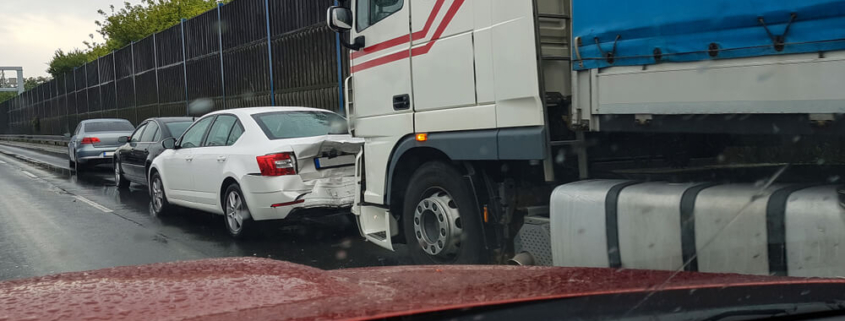

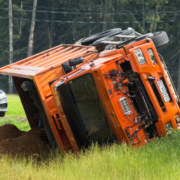
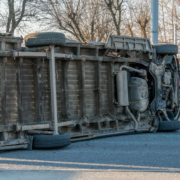
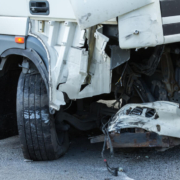 What to Expect in Truck Accident Claims
What to Expect in Truck Accident Claims



